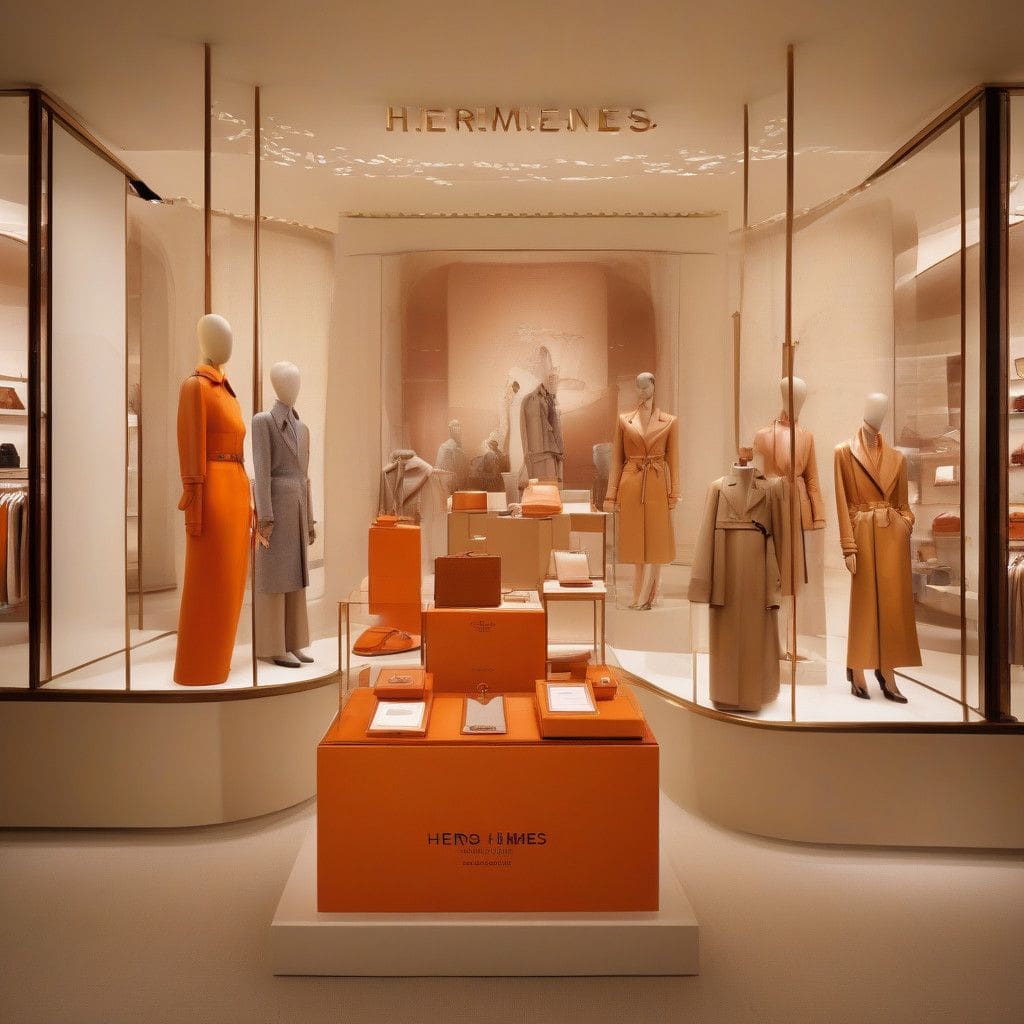In today’s ever-changing luxury market, Hermès is encountering significant challenges that threaten to shake its long-standing reputation for resilience. The iconic Birkin bag maker is projected to report its weakest quarterly revenue growth since late 2021 when it releases third-quarter sales figures this Thursday. Industry analysts are closely watching this development, as it may indicate a broader trend affecting luxury brands globally.
Traditionally, Hermès has held a strong position, even as its competitors faltered amid economic turbulence. Deborah Aitken, a Bloomberg Intelligence analyst, emphasizes that Hermès’ ability to maintain consumer loyalty and premium pricing is now facing its most considerable test in recent years. Despite outperforming major brands like LVMH and Burberry in the previous quarter, recent trends suggest that even Hermès cannot remain unaffected by prevailing economic indicators.
Given the latest forecasts, analysts estimate that Hermès’ organic sales growth could reach approximately 10.5 percent this quarter, a figure Aitken describes as possibly “optimistic.” The slight dip in growth is particularly noteworthy compared to last year’s robust performance, where the brand saw significant increases in revenue. This softening suggests that the demand for luxury items might not be as buoyant, especially within critical markets like China.
Recent insights from UBS analyst Zuzanna Pusz indicate a pronounced decline in luxury consumption in China, where purchasing confidence has plummeted to levels reminiscent of the pandemic’s peak. This shift is critical for Hermès, as it has historically relied on the Asian market—particularly the Asia-Pacific region, excluding Japan—for much of its growth. Expectations indicate that organic revenue growth in this area may have declined to 2.3 percent from 10.2 percent in the same quarter last year.
While Hermès’ situation appears challenging, it’s essential to recognize the nuances of its business model. The brand has carved out a unique niche with its exclusive product offerings and a dedicated customer base. This loyalty could protect it better than its competitors against a downturn in volume-driven categories like silk and textiles, which are projected to see declining sales in the current market climate.
Alphavalue analyst Jie Zhang notes that Hermès is expected to sustain its status as a leader among luxury brands due to unyielding demand for its quintessential handbags and its selective client demographics. This unique positioning may insulate Hermès to some extent from the broader market’s woes, allowing it to achieve double-digit sales growth nonetheless.
Furthermore, amid these market shifts, the company is not merely resting on its laurels. Hermès is expected to introduce new designs and pricing strategies that could compensate for declines in traditional categories. The long-standing practice of maintaining exclusive waiting lists for its most coveted products only strengthens its allure in a tightening market.
In terms of financial strategies, some analysts, including those from BNP Paribas Exane, have resumed “outperform” ratings on Hermès’ stock. Their assessments are rooted in the company’s robust business model and its historical resilience, which they argue can weather current downturns in the luxury sector.
Indeed, Hermès’ situation reflects a broader conversation within the luxury market about innovation and adaptability. As brands pivot to meet shifting consumer preferences and economic realities, luxury firms must find innovative ways to maintain relevance without compromising their core values.
As we anticipate Hermès’ upcoming sales figures, it’s crucial to observe how consumer sentiment evolves, especially in influential markets. While challenges loom, the brand’s strong heritage may allow it to navigate the fiscal storms ahead better than many of its peers.
As Hermès prepares to unveil its latest performance metrics, the luxury industry is on alert. Will it continue to uphold its reputation as a bastion of luxury, or will it succumb to the pressures that have begun to weigh heavily on its competitors?
Only time will tell, but one thing is certain: the luxury market is watching closely.











